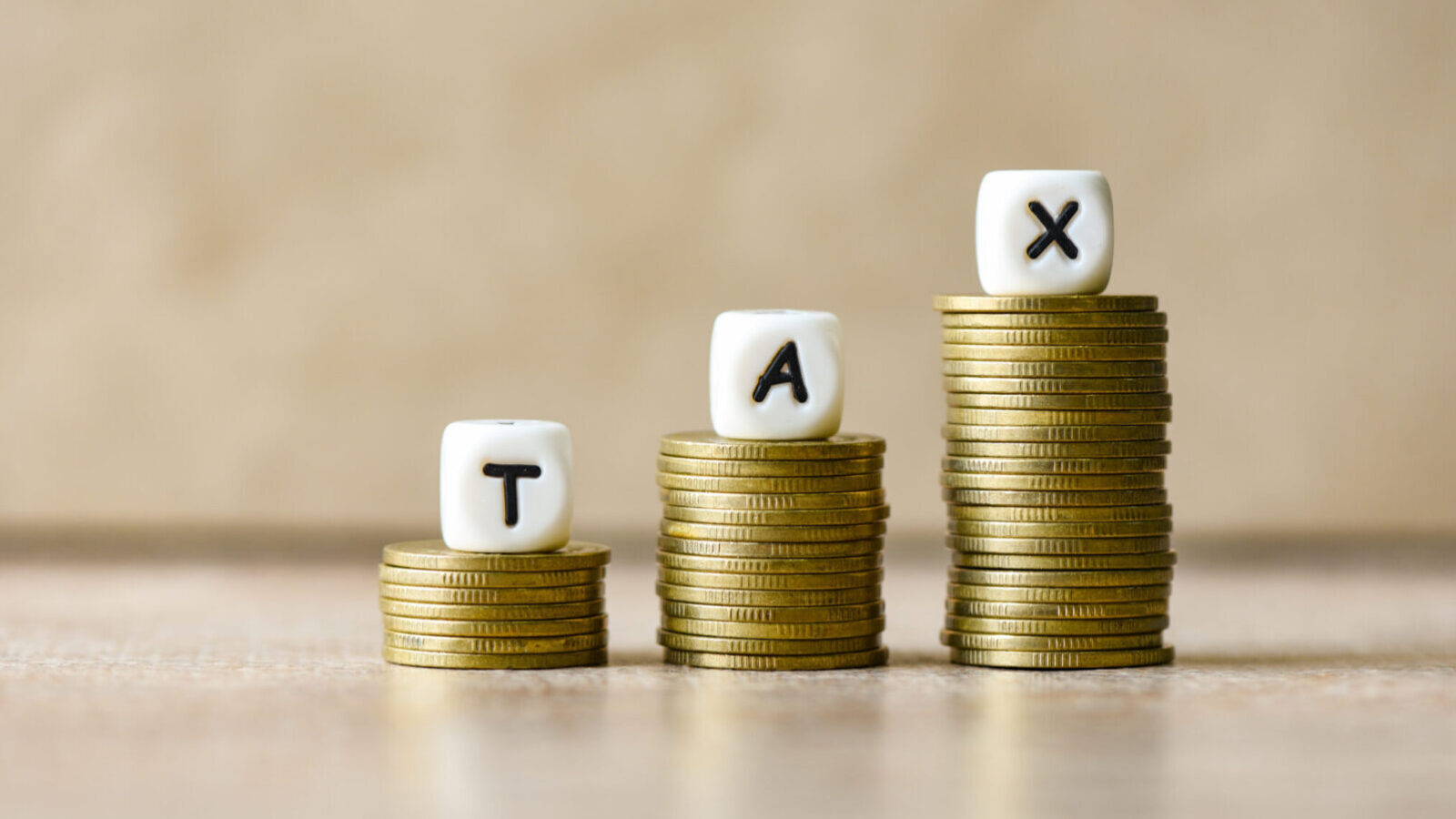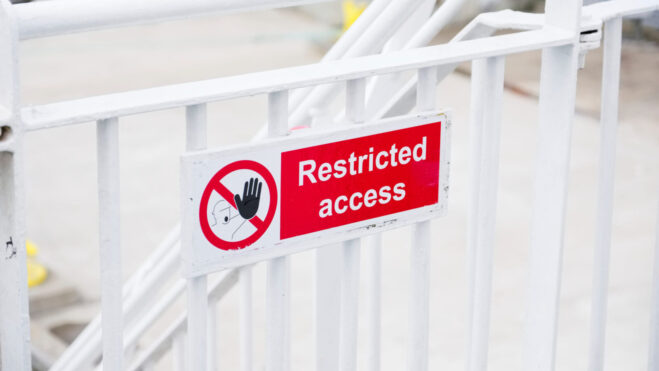New Jersey Raising Online Casino Tax Rate, Which Could Cost State In The Long Run
Tax haul will increase initially, but insiders point out downsides in terms of reputation and jobs
2 min

The ever-growing New Jersey online casino industry is poised to have some of the wind taken out of its sails due to an imminent tax hike that could be signed into law by Gov. Phil Murphy next week.
Revenue from mobile casino gaming has been on a steep upward trajectory ever since the COVID-19 pandemic.The industry reported a rise in gross revenue of 21.6% in 2022, of another 15.7% in 2023, and of an additional 24.1% in 2024 — to $2.39 billion for the year
But the expected new tax rate of 19.75% — after more than a decade of being set at 15% — will lead to a more modest bottom line for operators in 2025.
That is even though iGaming win for the first five months of 2025 is up another 22.5%. The industry in paid $37.1 million in taxes in May, according to the Division of Gaming Enforcement, on $246.8 million in revenue. If the new tax rate had been in effect, that tax figure would have been close to $50 million.
Just over $100 million of that iGaming revenue was generated by FanDuel and DraftKings, the daily fantasy sports giants who have taken dominant positions both in sports betting and iGaming. The two companies also have been stung by sports betting tax hikes in other states such as Ohio and Illinois, and the new rate of 19.75% also will apply to mobile sports betting in New Jersey. That’s a jump from the former 13% rate on sports betting revenue.
At least it’s lower than the proposed percentage
In February, Murphy proposed a boost in both tax rates to 25%.
Did Murphy and his staff intend all along to compromise on that rate? Like any good poker player, it’s possible they’ll never tell.
But either way, a deal was reached Monday night to settle on the lesser figure of 19.75%.
Gaming industry officials naturally are not pleased. Casino Association of New Jersey President Mark Giannantonio said recently that higher tax rates will not produce the amount of increased tax revenue that has been projected. That, he said, was because higher taxes will discourage iGaming operators and sportsbooks from offering the sort of odds and promotional incentives, which would in turn lead gamblers to gravitate toward the illegal, unregulated foreign-based operators that pay no taxes at all.
Murphy had projected that his proposed increase would bring in an additional $402.4 million in tax revenue, after the two sets of online gambling options brought in a combined $496.6 million in calendar year 2024 ($358.3 million of that from the more lucrative online sector of casino gaming).
Beyond the possible downside of gamblers in New Jersey flocking to illegal online options, it’s also possible that the state’s previous national and international reputation as a magnet for technological jobs will recede and operators will reconsider their choices.
Longtime gaming industry expert Joe Brennan Jr. stated on Twitter, “ripple effects of NJ as a higher-tax state is giving operators who created jobs & made significant investments now have a legit reason to look at lower-cost states to move to (NJ is ranked the #50 state for ‘cost of doing business’).”
Brennan Jr. also suggested that the tax hike is a case of “NY envy,” given that New York taxes sports betting revenue at 51%. He also asserted that “NJ got a better deal all-around” — meaning that the thousand of jobs and subsequent tax revenue created by New Jersey’s positive reputation in the gaming industry fully offset the relative shortfall from direct online gambling revenue.






